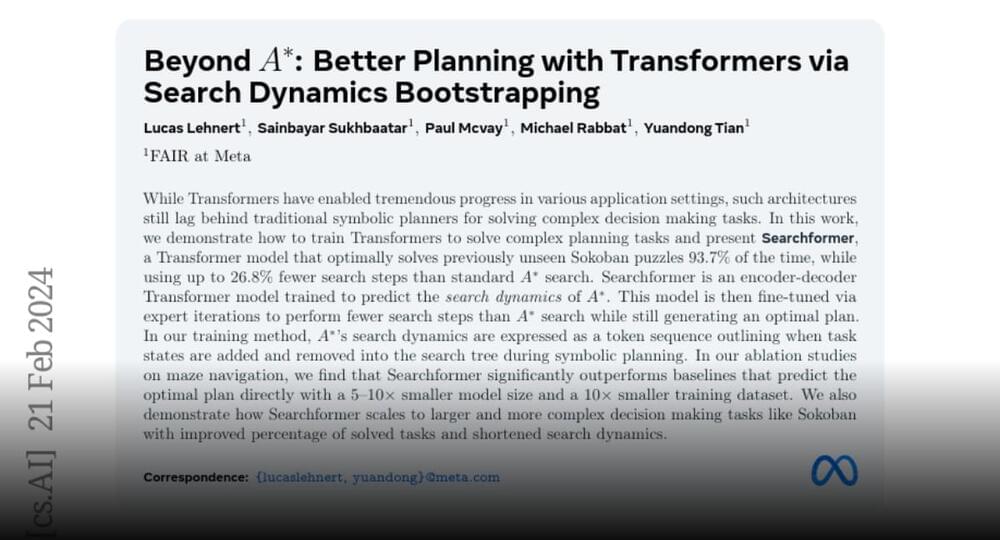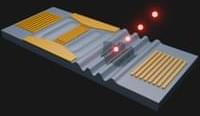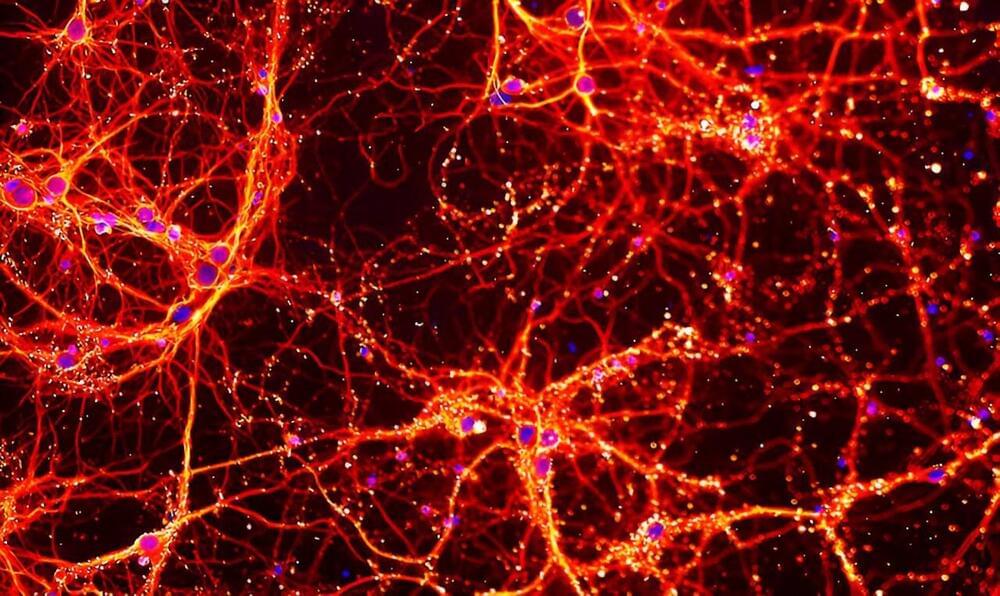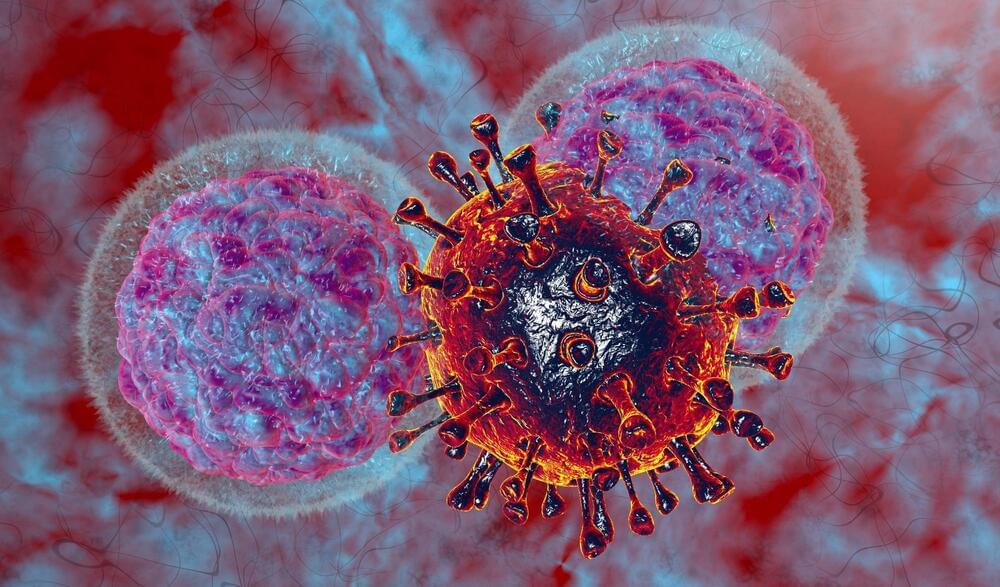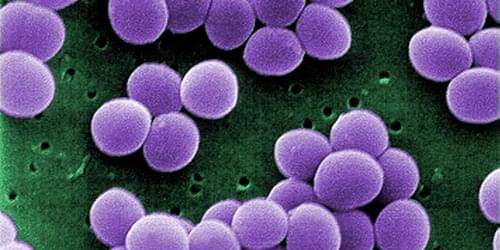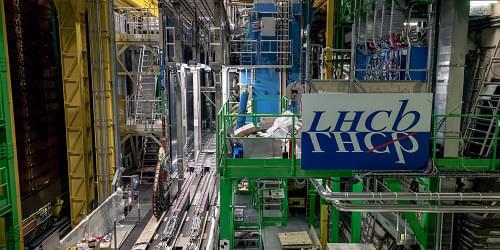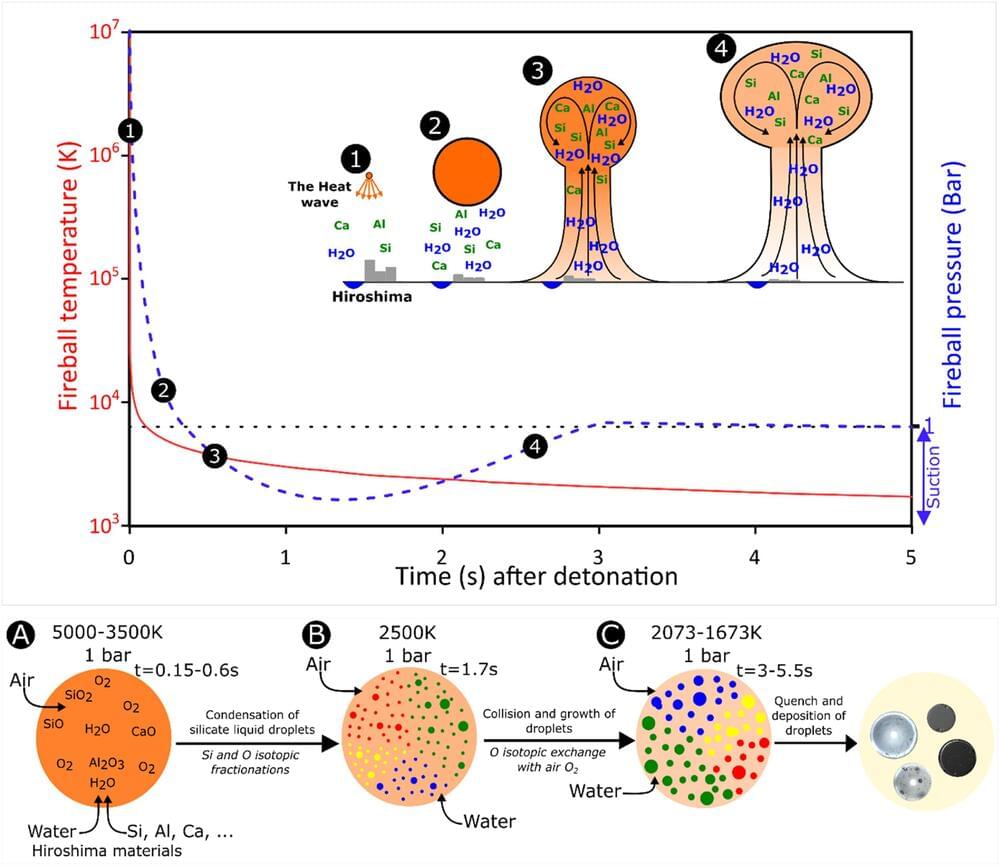In pursuing quantum networking technologies, single-photon emitters in acoustic cavities are a promising pathway that enables the conversion and transfer of quantum information across multiple platforms. The recent discovery of single-photon emitters within two-dimensional (2D) materials, such as WSe and hexagonal boron nitride (h-BN), opens new avenues in exploring such quantum optomechanical phenomena in lower dimensional systems. In this work, we demonstrate the integration of 2D-based single-photon emitters with surface acoustic wave optomechanical cavities and illustrate their potential for radio-frequency electronic control of quantum light emission.
Using simple exfoliation techniques, WSe and h-BN layers are transferred onto surface acoustic wave cavities patterned on lithium niobate—a highly piezoelectric host material. Using electro-optical measurements, we confirm high-quality resonators and cavity-phonon modes that couple to the 2D quantum emitters. Remarkably, the interaction between the 2D emitters and acoustic waves is exceptionally strong owing to the ultrathin nature of the 2D materials and their proximity to the surface waves, verified through quantum spectroscopy measurements. In addition to the radio-frequency acoustic modulation of the emitters in these materials, new physics emerges from the emitter-phonon coupling that leads to new mechanisms for high-speed manipulation of quantum emitters, opening avenues for the generation of entangled-photon pairs.
These advancements set the stage for the exploration of cavity optomechanics with 2D materials. In future experiments, higher frequency resonators will enable studies of the interplay and dynamics between single photons and phonons deep in the quantum regime, a key technology for quantum networking.

